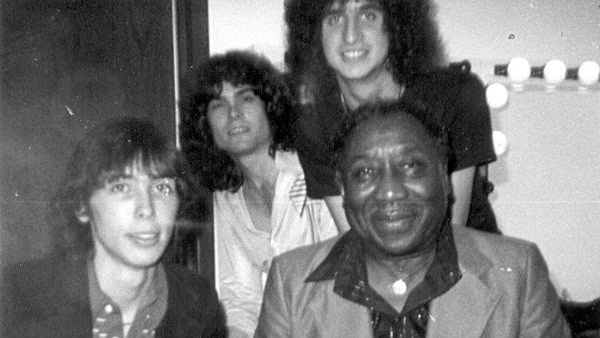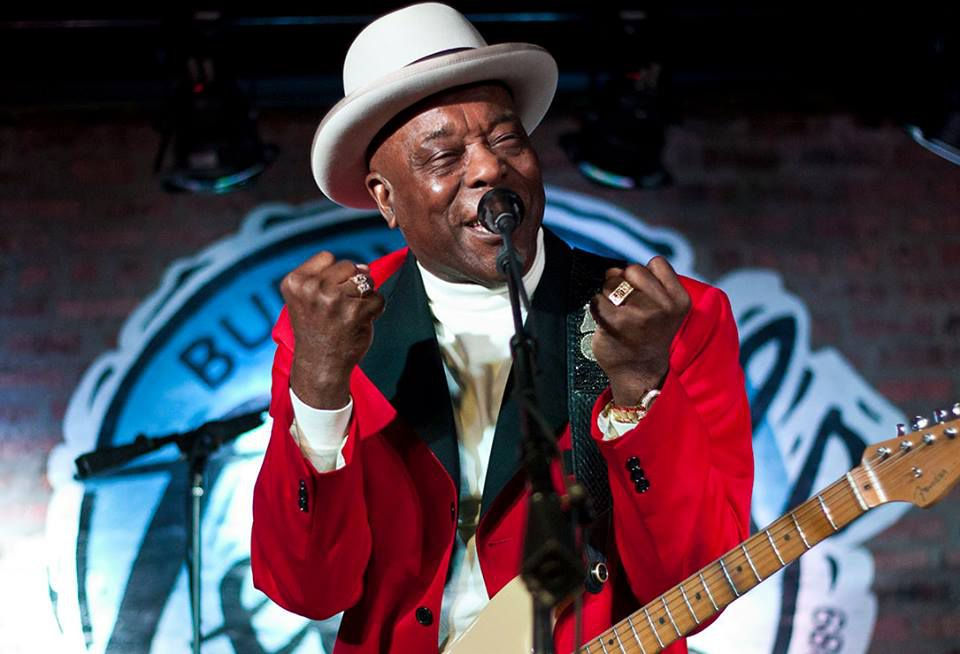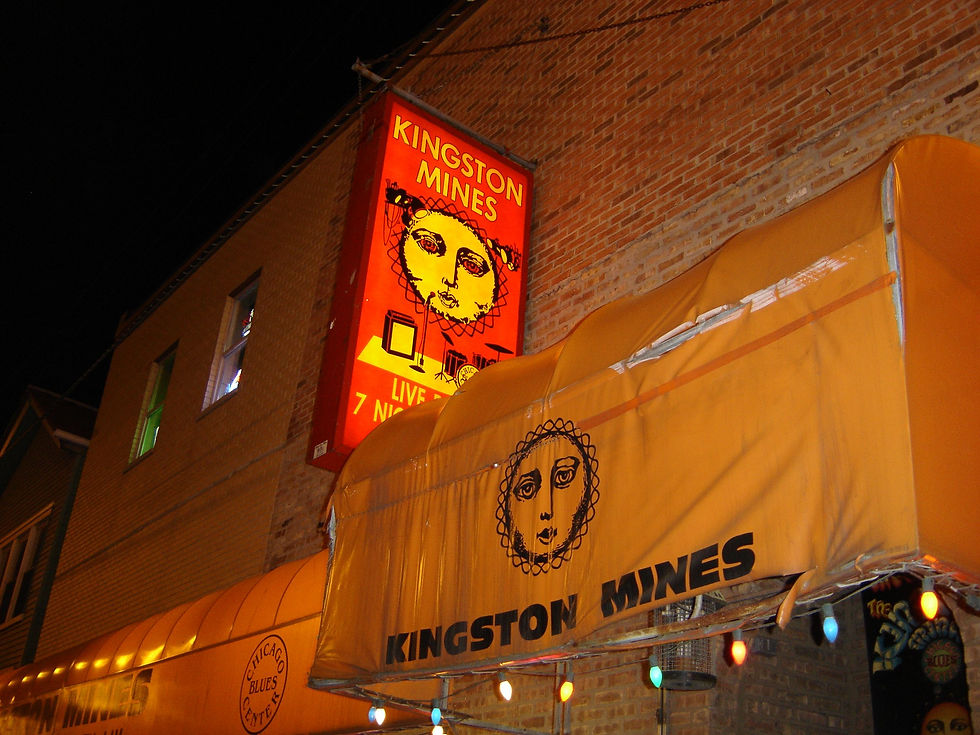Discovering the Heart of Chicago Blues
- Steve Arvey

- Sep 1, 2025
- 4 min read
Updated: Sep 5, 2025
Chicago is a city with a rich musical heritage, and at its core lies the soulful sound of blues. This genre has shaped the cultural landscape of the city and continues to influence musicians and fans worldwide. Exploring the roots and evolution of Chicago blues music reveals a story of passion, resilience, and creativity. Whether you are a longtime fan or new to the genre, understanding the essence of this music offers a deeper appreciation of its power and legacy.
The Origins and Evolution of Chicago Blues Music
Chicago blues music emerged in the early 20th century as African American musicians migrated from the South to the urban North. They brought with them the Delta blues style, which was acoustic and deeply emotional. In Chicago, this sound transformed with the addition of electric guitars, harmonicas, and a full band setup, creating a more amplified and energetic style.
This evolution was driven by the city's vibrant nightlife and the demand for louder music that could fill crowded clubs. Artists like Muddy Waters, Howlin' Wolf, and Willie Dixon became pioneers, blending traditional blues with urban influences. Their music spoke of hardship, love, and life in the city, resonating with a broad audience.
The Chicago blues scene also fostered innovation in musical techniques and songwriting. The use of electric instruments and amplified harmonicas became a hallmark, influencing rock and roll and other genres. Today, Chicago blues music remains a dynamic and evolving tradition, celebrated in festivals, clubs, and recordings.

Exploring the Vibrant Scene of Chicago Blues Music Today
The spirit of Chicago blues music thrives in the city's numerous venues and festivals. From intimate clubs to large concert halls, the music is alive and accessible. Visitors and locals alike can experience live performances that capture the raw emotion and technical skill of the genre.
Many venues offer regular blues nights featuring both established artists and emerging talent. These events provide a chance to hear classic blues tunes alongside new interpretations. The atmosphere is often lively and welcoming, encouraging audience participation and connection.
For those interested in deeper engagement, workshops and guided tours are available. These experiences offer insights into the history, instruments, and cultural significance of Chicago blues. They also provide practical tips for aspiring musicians on how to play and appreciate the style.
To explore and support this rich musical tradition, consider checking out blues music in chicago for recordings and merchandise that celebrate the genre.

What is the Most Famous Blues Club in Chicago?
One of the most iconic blues clubs in Chicago is Buddy Guy's Legends. Founded by the legendary guitarist Buddy Guy, this venue has become a landmark for blues enthusiasts. It offers an authentic experience with live music every night, showcasing both local and international blues artists.
Buddy Guy's Legends is known for its intimate setting, excellent acoustics, and vibrant atmosphere. The club also features memorabilia and artwork that honor the history of Chicago blues. Visitors often describe the experience as a journey into the heart of the genre, where the music's emotional depth is palpable.
Other notable clubs include Kingston Mines and Rosa's Lounge, each with its unique vibe and lineup. These venues contribute to the city's reputation as a blues capital and provide platforms for musicians to connect with audiences.

Key Figures Who Shaped Chicago Blues Music
The legacy of Chicago blues music is built on the contributions of many influential artists. Muddy Waters is often called the father of modern Chicago blues. His powerful voice and innovative guitar playing set new standards for the genre. Howlin' Wolf brought a raw, gritty style that captivated audiences, while Willie Dixon's songwriting and production skills helped define the sound.
Other important figures include Little Walter, known for his harmonica mastery, and Koko Taylor, the "Queen of the Blues," whose dynamic performances broke barriers for women in the genre. These artists not only shaped the music but also inspired generations of musicians worldwide.
Understanding their stories and music provides valuable context for appreciating Chicago blues. Listening to their recordings and reading about their lives can deepen your connection to the genre.
How to Experience Chicago Blues Music Like a Local
To truly discover the heart of Chicago blues music, immerse yourself in the local culture. Here are some practical tips:
Visit Blues Clubs - Attend live shows at iconic venues like Buddy Guy's Legends or Kingston Mines.
Attend Festivals - Plan your visit around events such as the Chicago Blues Festival, which features top artists and free performances.
Explore Museums - The Chicago Blues Museum offers exhibits and educational programs about the genre's history.
Take a Guided Tour - Join a blues walking tour to visit historic sites and learn about the musicians who made the city famous.
Support Local Artists - Purchase music and merchandise from local stores or online platforms like blues music in chicago.
By engaging with the community and its music, you gain a richer, more authentic experience.
The Enduring Impact of Chicago Blues Music
Chicago blues music continues to influence artists across genres and generations. Its themes of struggle, hope, and expression resonate universally. The city's dedication to preserving and promoting this music ensures that it remains vibrant and relevant.
Whether through live performances, recordings, or educational initiatives, Chicago blues music offers a powerful connection to the past and inspiration for the future. Exploring this genre opens doors to understanding a vital part of American cultural history and the human experience.
Embrace the sounds, stories, and spirit of Chicago blues music and discover why it remains the heart of the city’s musical identity.



Comments